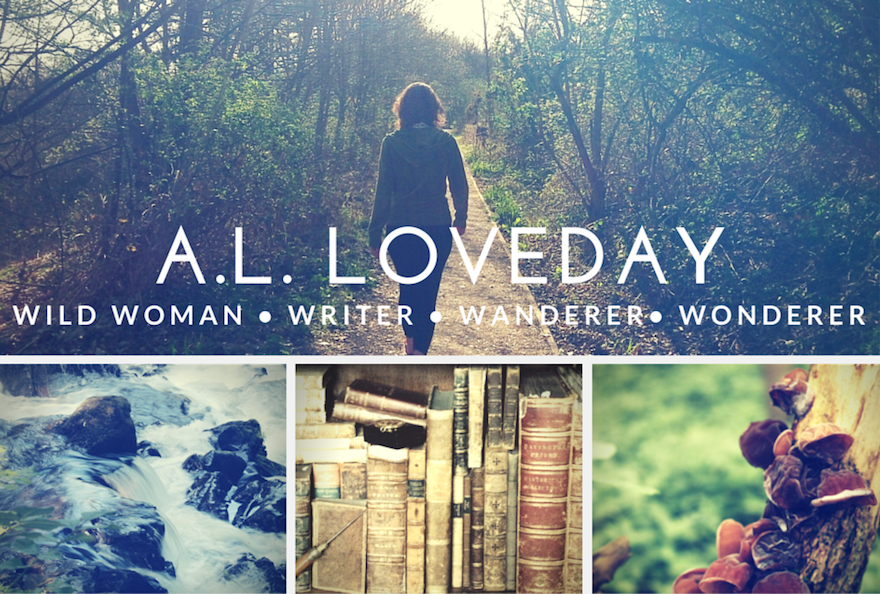Recently though, I began to see how an e-reader would be a good investment in my life...but more as a writer and a student, than purely as a reader.
English students spend how much on books each year?!
Yep, the biggest draw is the money I can now save on my books for university. I was talking to a friend recently who studies sociology, and she was having a bit of a rant about her £10 course reader and the other £15 she'd spent on a mandatory text book for the term. I bit my tongue, and didn't tell her that in my first term as an English student I spent nearly £100 on my books, followed by about £70 for the second term.
Whilst there's no way my massive anthologies will ever be released as e-books, a lot of other books are accessible, either at a significant reduction or, through sites such as Project Gutenberg, for free.
How many English students break their backs each year?!
OK, I'm exaggerating slightly here. However, I have a back problem that may have been caused by the heavy loads I've been carrying throughout my school/uni life, and is definitely exacerbated by those days where I have a lecture and two seminars for different modules, and need three+ different books for the day. (Especially when one of those books is a Norton Anthology. Seriously. Go and find one if you think I'm stretching the truth about how massive they are!)
Bring an e-reader on to the scene, and my day gets a little less painful.
Students' eyesight deteriorates by how much per term?!
I have to read a lot of PDFs from the university's electronic library. These essays and articles can be thousands of words long, and require translating into laymen's English and serious note-taking. I can't look at a computer screen for more than about an hour before I start to get a headache and tired eyes. And popping pills every day isn't a brilliant solution.
Thank you, Kindle, for your non-glare, 'just like paper' readability! You will be giving my optician something to smile about for the first time in 10 years!
You want to write? Read!
This isn't a new idea by any means - it's common knowledge that if you want to be a writer you need to know what's popular, what works, what doesn't...and that means reading a lot. And how does one read 'a lot' of books?
Besides finding making the time, you need to have the books in the first place. My library is great, but they don't always stock the newest releases (particularly for kids books) and they don't always have a great selection in certain genres or the sorts of non-fiction books I need. Buying the books builds up the cost, and then there's the issue of storage. Where on earth am I supposed to keep ten different children's books about rabbits that I bought because for a while I was dead set on writing an amazing children's book about rabbits?
My e-reader stores something like 3000 books. Amazing!
It has taken me a while to get here, but it now looks as if my Kindle and I have a beautiful friendship ahead of us...

